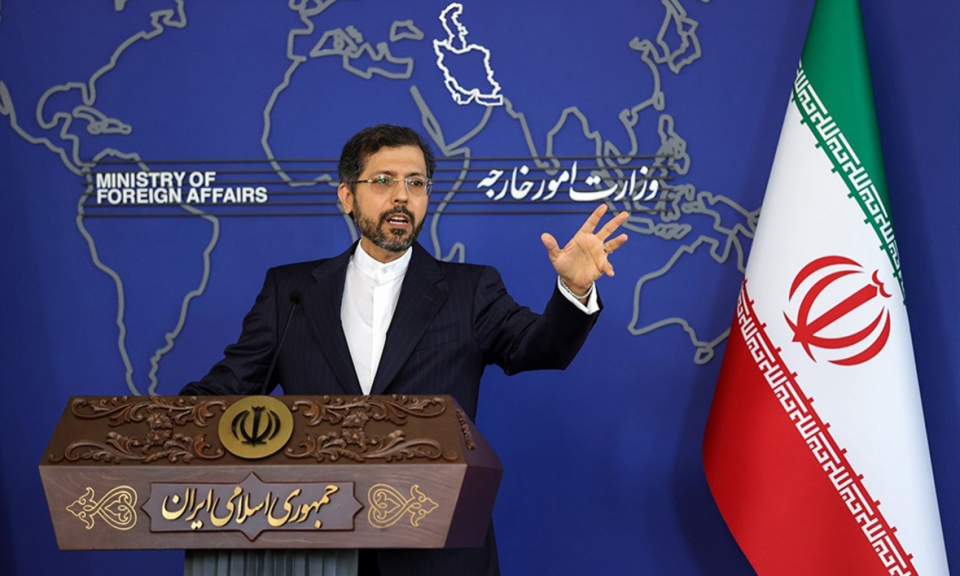“We have always advised the Agency to stay on the path of technical cooperation and not allow some countries to pursue their political orientations and advance their political intentions in the name of the Agency,” Iranian Foreign Ministry Spokesman Saeed Khatibzadeh said during his weekly briefing on Monday.
He referred to an imminent visit by IAEA Chief Rafael Grossi to Tehran later on Monday, expressing hope that his trip will be as constructive as the previous ones.
Grossi is expected to sit down for talks with Foreign Minister Hossein Amirabdollahian and chief of Iran’s Atomic Energy Organization, Mohammad Eslami.
Grossi’s visit comes as the Islamic Republic prepares for upcoming negotiations with the P4+1 group in the Austrian capital Vienna later this month.
The Iranian Foreign Ministry spokesman said “We will leave for Vienna with a full team and a serious will to remove the sanctions that have been imposed against the Iranian people.”
He called on other parties to the Iran nuclear deal to try to come to the negotiating table in Vienna to reach a practical and comprehensive agreement on the removal of the sanctions.
In response to a question about the agenda of the upcoming talks in Vienna, Khatibzadeh stressed that Iran’s position is very clear about the Vienna talks which he said will be focused on lifting unilateral, oppressive and illegal sanctions against Iran and that no other topic is on the agenda of the negotiations.
He once again called on negotiators that will represent the United States to provide guarantees that America will not violate its commitments in the future.
Top negotiators from Iran and the remaining parties to the JCPOA namely Russia, China, Britain, France and Germany will sit down for talks later this month on a possible return of the United States to the deal.
American diplomats will also travel to Vienna, but Iranian and U.S. negotiators will not talk directly.
Later during his remarks, Khatibzadeh also touched on the issue of the new wave of refugees from neighboring Afghanistan, noting that Iran has hosted millions of Afghan refugees, but the situation is not sustainable particularly because international organizations are failing to properly cooperate with Iran.
